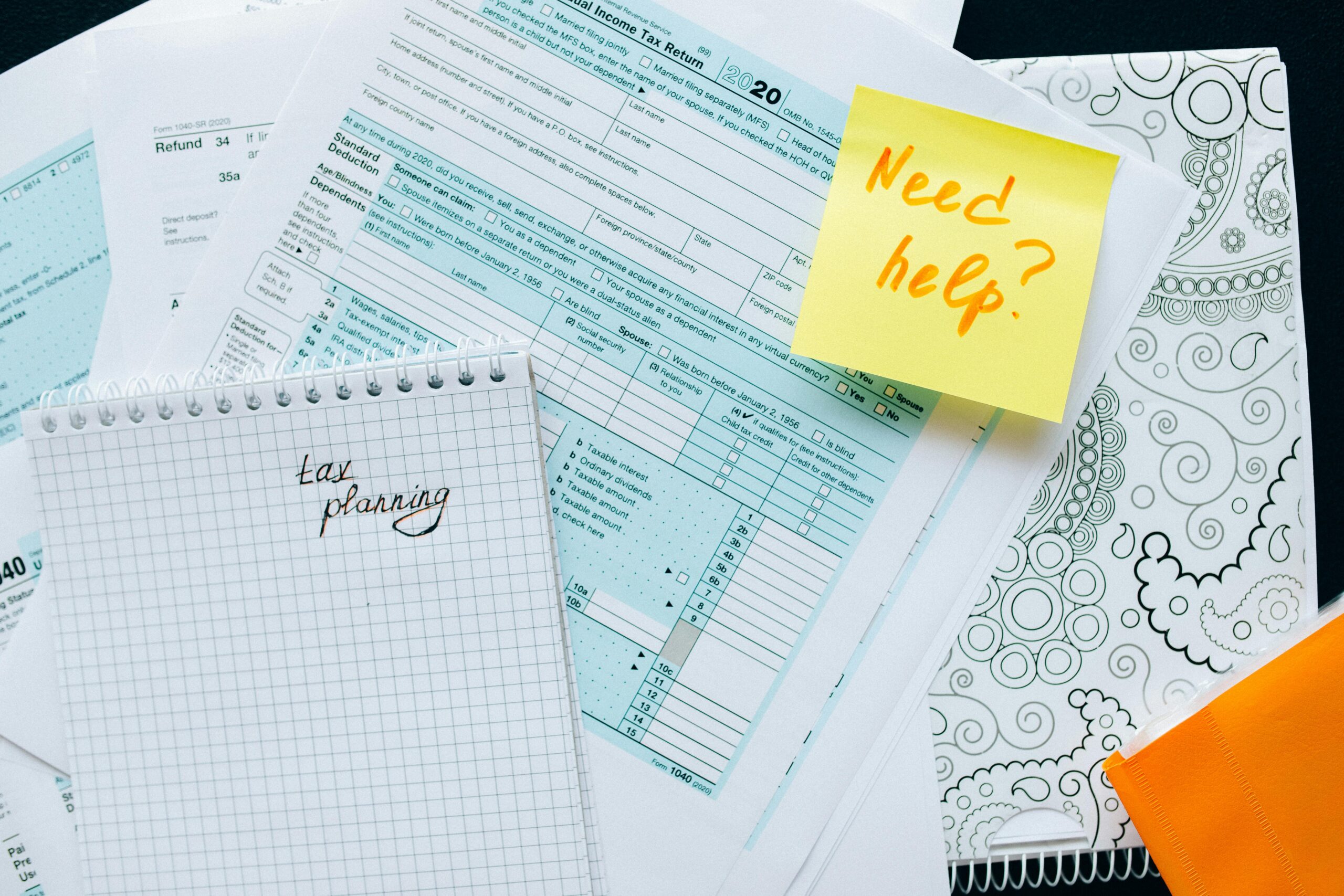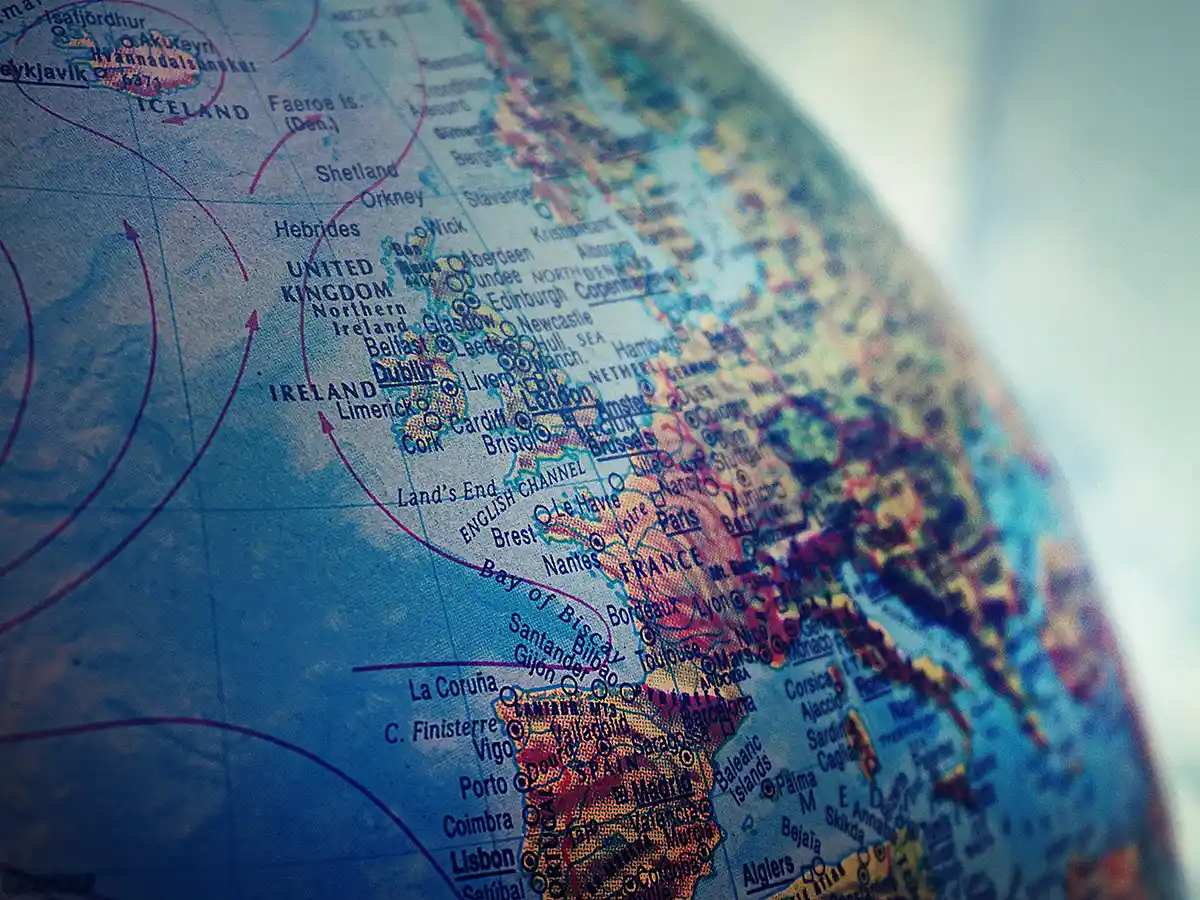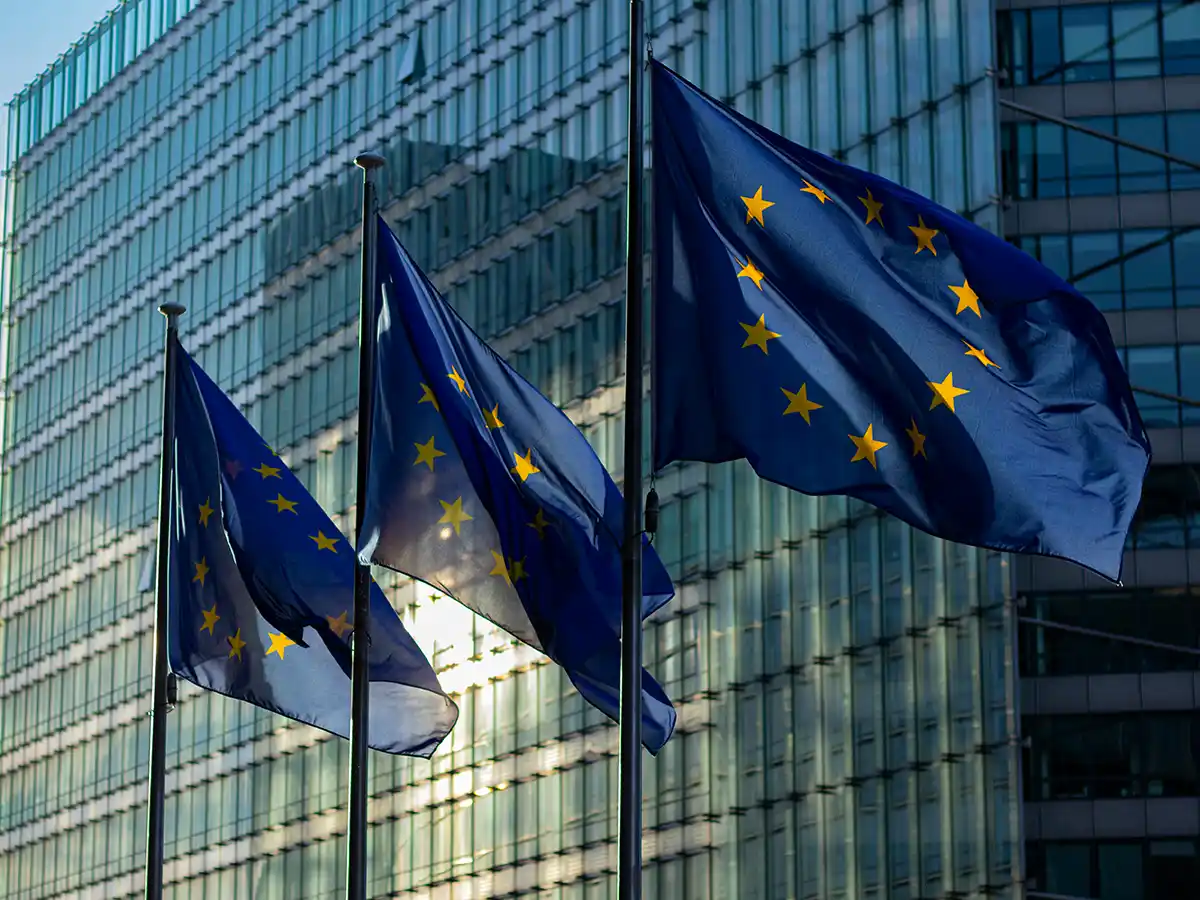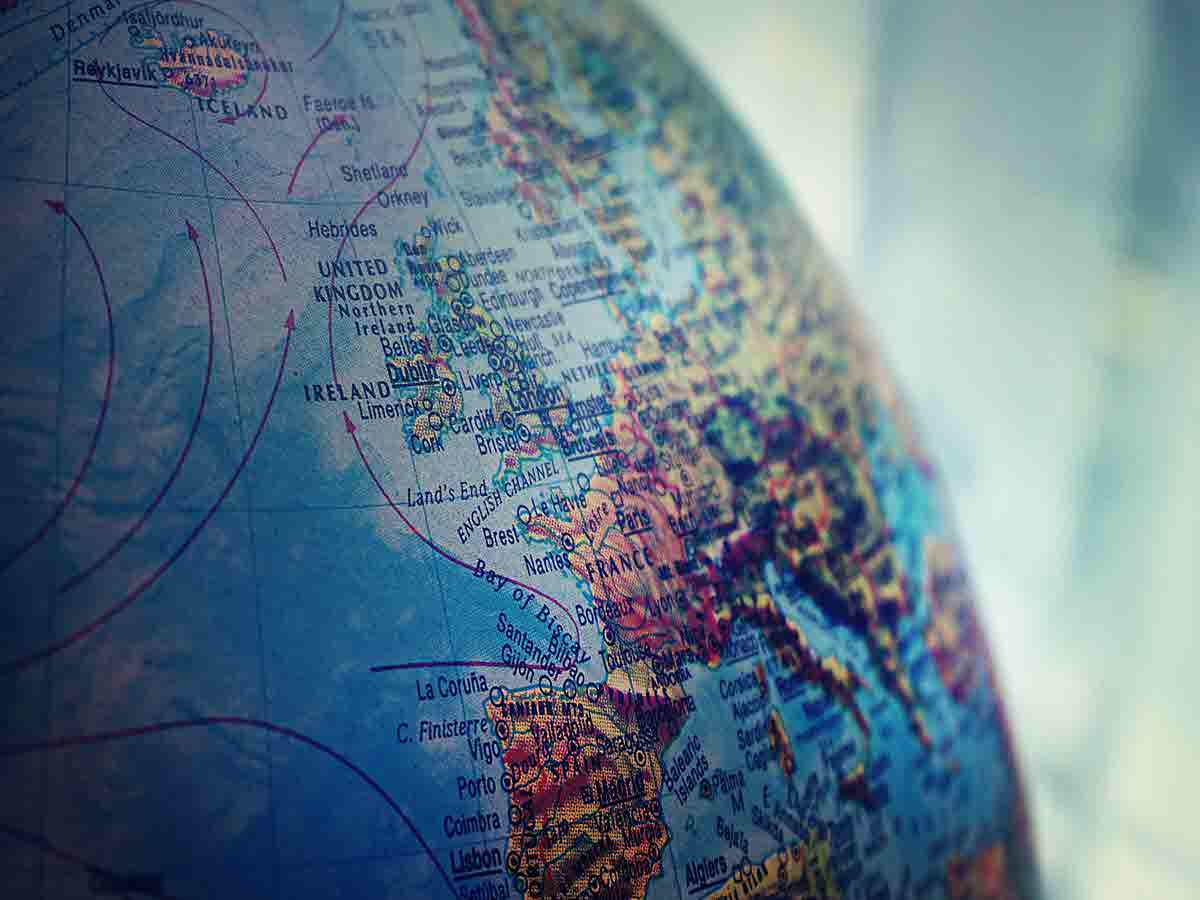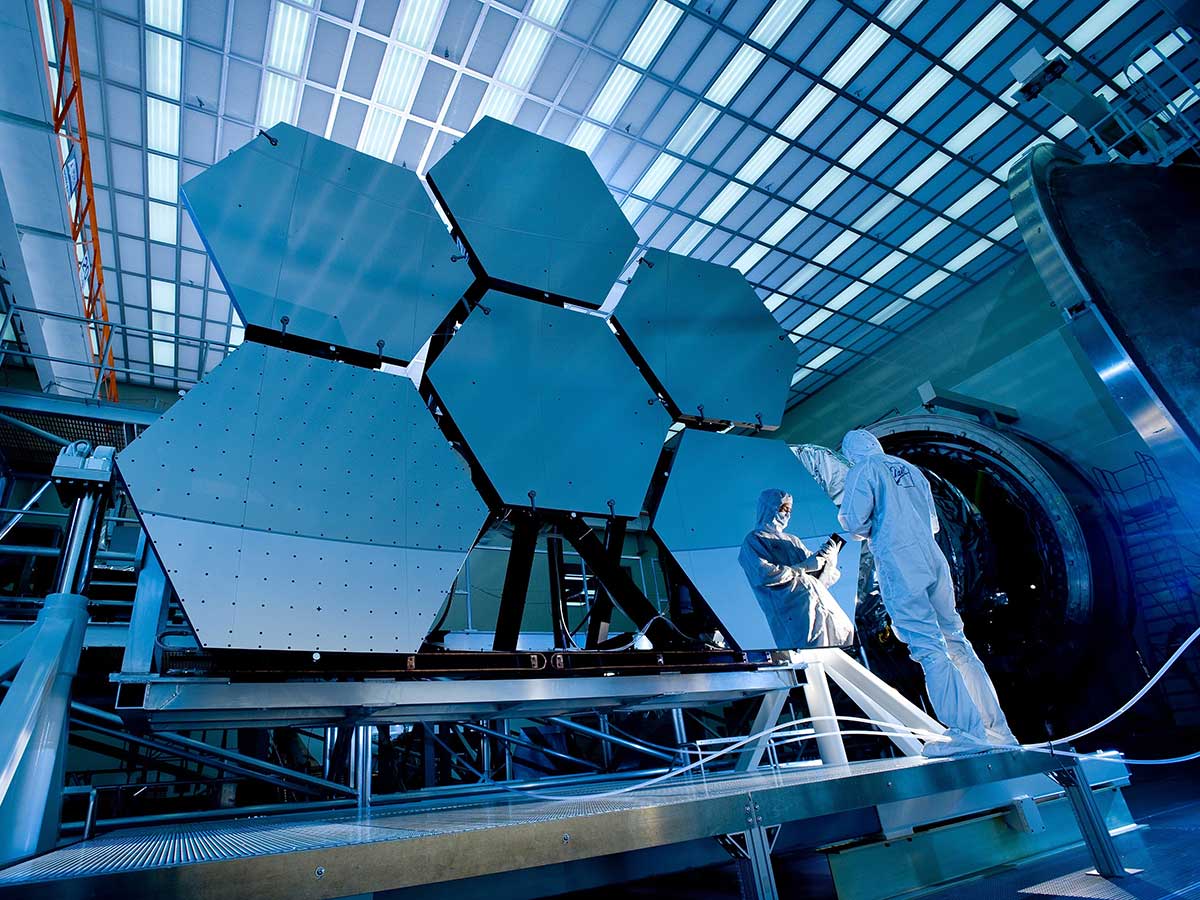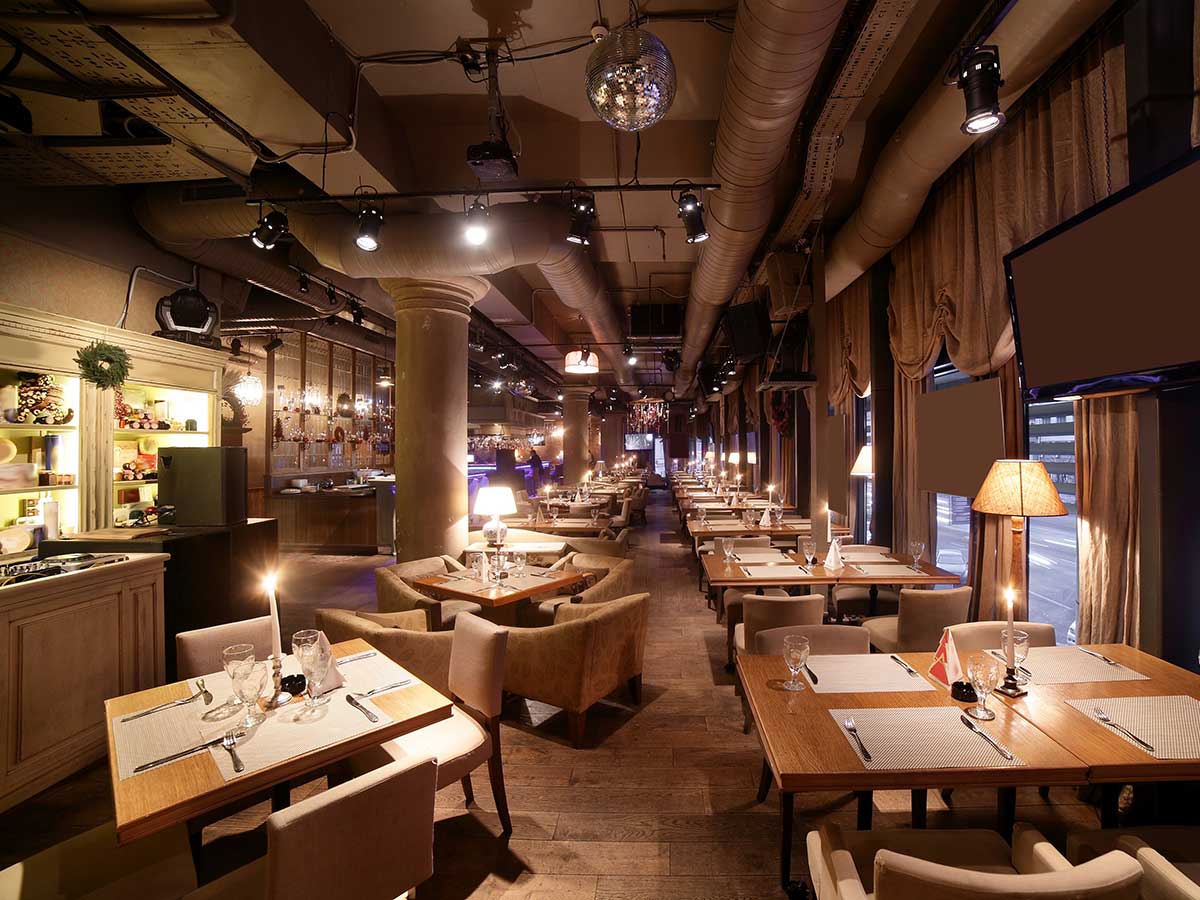
Economic protection measures in the second wave of coronavirus pandemic
Below we would like to highlight the main tax measures of the economic relief package regarding the second wave of COVID-19 published last week.
Tax exemption and wage subsidy related to certain activities
As a result of the provision, those taxpayers engaged in
- restaurants and mobile food service activities (NACE 5610),
- event catering activities (NACE 5621),
- beverage serving activities (NACE 5630),
- motion picture projection activities (NACE 5914),
- organization of conferences and trade shows (NACE 8230),
- sports and recreation education (NACE 8551),
- performing arts (NACE 9001),
- support activities to performing arts (NACE 9002),
- operation of arts facilities (NACE 9004),
- museum activities (NACE 9102),
- operation of botanical and zoological gardens and natures reserves activities (NACE 9104),
- operation of sports facilities (NACE 9311),
- activities of sports clubs (NACE 9312),
- fitness facilities (NACE 9313),
- other sports activities (NACE 9319),
- activities of amusement parks and theme (NACE 9321),
- physical well-being activities (NACE 9604) (with certain conditions), or
- other amusement and recreation activities (NACE 9329)
as their main activity (that is at least 30 percent of their revenue derived from this main activity in a 6-month period preceding 11th November 2020), are granted the following reliefs of public duties for November 2020.
Social contribution tax
Disbursers have no social contribution tax payment obligation after the employed natural persons.
Vocational training contribution
Liable taxpayers have no vocational training contribution payment obligation.
Rehabilitation contribution
Taxpayers engaged in the above-mentioned activities that are subject to rehabilitation contribution are exempt for one month proportionately and have no more tax advance payment liability for 2020.
Small business tax
If the above activities are carried out by taxpayers subject to small business tax, personal costs are not considered as tax base.
In order to qualify for the tax reliefs, the payer must fulfill the wage payment obligation determined in employment contract that was in force on 11th November 2020, and do not terminate employment contracts by notice in November, provided that without the tax relief it would have dismissed the employee due to the state of emergency, furthermore the taxpayer submit the claim of this exemption to the Tax authority.
Taxpayers engaged in the above-mentioned activities are also eligible for a 50 percent subsidy after the employed natural persons’ wages for November, if the employment status of the natural person is still in effect on the last day of November and the employer fulfill its obligation to pay wage for the employee.
The application must be submitted by the employer at the competent capital or county government agency of its registered seat, permanent establishment, from which the decision will be made within 8 days and the subsidy will be granted subsequently for the employer.
Partial reimbursement of the revenue losses of accommodation service providers
For those, whose actual main activity is
• accommodation (NACE 5510),
• holiday and other short-stay accommodation (NACE 5520),
• camping grounds activities (NACE 5530), or
• other accommodation (NACE 5590)
the State reimburses 80 percent of the net revenue from bookings up to 11th December 2020 that were registered until 8th November 2020 in the National Tourism Data Supply Center.
The condition of the reimbursement is to maintain the employment status of employees employed on 8th November 2020 and pay wage to them in November.
Milder conditions regarding teleworking
The government regulation, took into effect on 12th November 2020, contains the following facilitations regarding teleworking:
- during the state of emergency, exemption rules related to teleworking of the Act XCIII of 1993 on Labour safety must not be applied, however, the employer must inform the employee about the rules of necessary, not health endangering and safe working conditions; and the employee chooses the place of work taking these working conditions into account;
- in their agreement the employer and the employee can differ from the teleworking rules of the Labour Code;
- during the state of emergency, at most an amount of HUF 16,100/month paid for the employee on the ground of compensation related to its costs of teleworking can qualify as eligible cost without any certificate (and its time proportion part, if teleworking does not cover the whole month), if the natural person does not account any other cost described on the ground of Costs occurring mainly of Subparagraph c) and d) Point 24 Annex III of Act CXVII of 1995 on Personal Income Tax regarding teleworking.
Reduced 5 percent VAT rate on food and beverage sold for take-away or with home delivery
From 14th November 2020, during the effective period of the protective measures for restaurants, 5 percent VAT rate is applicable on those food and beverage sold for take-away or with home delivery, which would be subject to a 5 percent VAT rate in the case of supply of in-house food service activities. The reduced VAT rate can be applied if the conditions for the provision of the services subject to the reduced tax rate were fulfilled before 11th November 2020 by the supplier and would also be fulfilled in the absence of the protective measures. The reduced tax rate cannot be applied to transport fee related to the transaction.
SHOULD YOU HAVE ANY QUESTIONS REGARDING THE ABOVE PLEASE DO NOT HESITATE TO CONTACT US.
Lépjen kapcsolatba szakembereinkkel!
Az alábbi űrlap segítségével feliratkozhat szakmai hírlevelünkre, így folyamatosan értesítjük az adózás, a könyvelés és a bérszámfejtés területén megjelenő újdonságokról.




